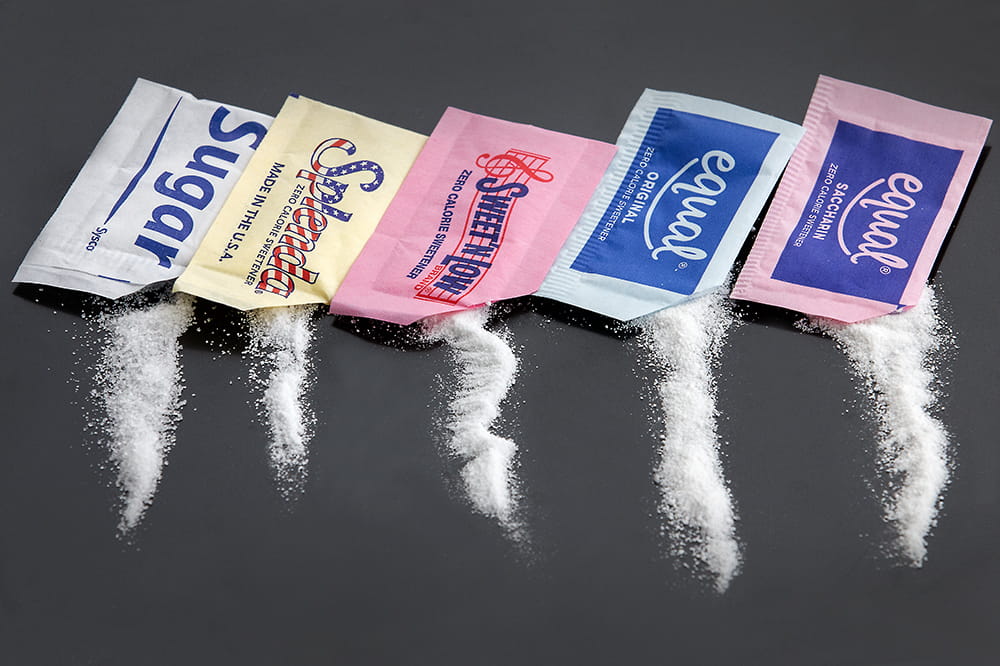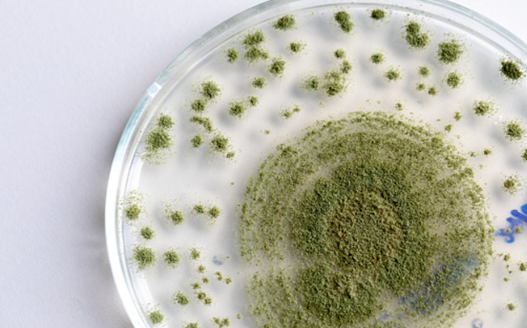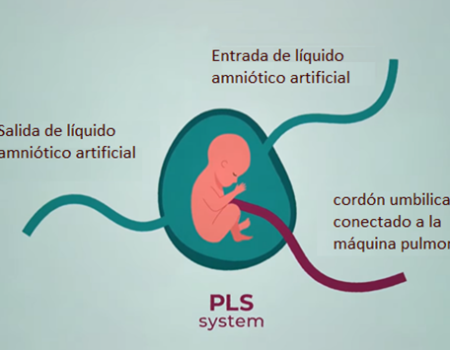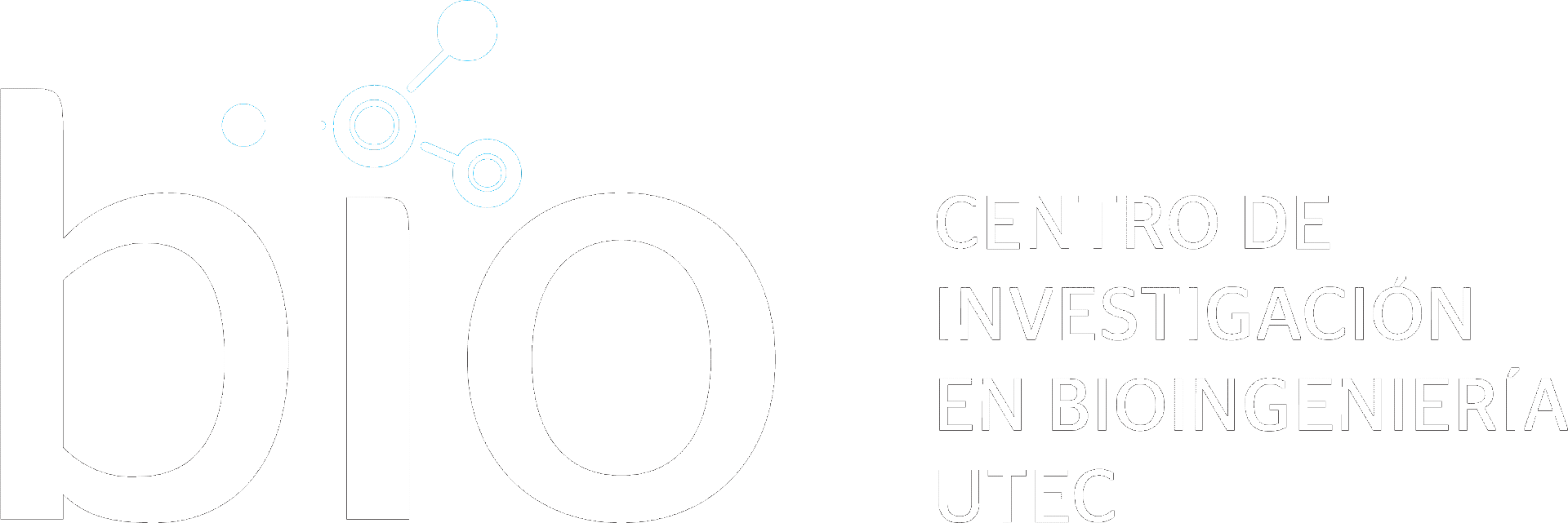
Full time Professor
Bioengineering and Chemical Engineering Department
Last month, there were news regarding the potential carcinogenicity that could be associated with the consumption of aspartame, a synthetic sweetener. The news emerged as a result of comments made by an agency of the World Health Organization (WHO). To better understand the details of this news and the potential dangers of consuming foods containing this sweetener, it’s important to comprehend its origin, role, and the quantities present in low-calorie or dietetic foods.
What are artificial sweeteners?
Artificial sweeteners are mostly organic molecules with the ability to produce a sensation of sweetness on the palate and thereby sweeten foods that either don’t have added sugars or have had sugars removed. These molecules have a sweetness power greater than that of table sugar, or sucrose, which is why, due to their low caloric contribution, they have become a part of numerous foods for people aiming to lose weight or those suffering from metabolic diseases, including diabetes. Aspartame is among these molecules.

Aspartame is a synthetic food additive, low in calories, and about 200 times sweeter than sugar. It was discovered in 1965 by chemist James Schlatter and was introduced to the market in 1981. It consists of 2 amino acids: aspartate and a methyl ester of phenylalanine (modified amino acid). This sweetener is used in beverages, desserts, candies, dairy products, reduced-calorie products, and as a tabletop sweetener (replacing sugar), among other uses.
Up to this point, it might seem that there’s no issue with aspartame, as it has been a part of our lives for a considerable amount of time. However, in mid-July of this year, the WHO issued a statement that heightened concerns about the presence of these synthetic compounds in our diet.
The declaration from the WHO agency mentioned the inclusion of aspartame as a possibly carcinogenic product, sparking worries about its current usage and the potential effects that could be linked to its consumption, particularly the possible connection with liver cancer. However, it’s important to review the information and scientific basis for making such an announcement. The International Agency for Research on Cancer (IARC) indicated that human studies had limited evidence based on only 3 observational studies. This, combined with the Joint Expert Committee on Food Additives (JECFA), which is part of both the WHO and the Food and Agriculture Organization (FAO), led to the issuance of the new classification. This decision also stated that there was no need to change the permitted daily intake of this sweetener (40 mg/kg of body weight, according to North American and European sources).
So, what does this evidence mean? On one hand, it’s known that the mentioned studies were conducted on animals, so there isn’t always a direct correlation with humans. They can provide clues and therefore require further research, including possible studies on humans. Additionally, a study published by researchers from Harvard, Boston University, and the US National Cancer Institute examined the consumption of artificially sweetened beverages in people with cancer. The researchers found a high risk of liver cancer in people with diabetes who consumed artificially sweetened sodas. However, the review did not find an increase in liver cancer among people who consumed sodas and did not have diabetes. This implies that observational studies show correlations, but not causation. To see a negative effect from aspartame consumption, and according to the allowed limits of intake, we would need to exceed an equivalent of consuming 9 to 14 cans of soda daily, or approximately 4 liters per day.
The final message is to continue being cautious in selecting the foods and drinks we consume, to seek out healthy ingredients, and not to mistake them for being safe. Remember that excessive consumption of refined sugars can lead to obesity and other metabolic diseases. Beyond the fact that artificial sweeteners can help reduce sugar intake, they offer no health benefits, and ideally, we should stop consuming them.
References:
García, B. “El aspartamo sigue siendo seguro (y la OMS debería revisar cómo lanza sus mensajes)”. El Mundo [España], 14/07/2023.
Jewett, C. “Aspartame is a possible cause of Cancer in Humans, a WHO Agency says”. The New York Times [Estados Unidos], 13/07/2023.
Magnuson, B. et al. (2016) Biological fate of low-calorie sweeteners, Nutrition Reviews Vol. 74(11):670–689. doi: 10.1093/nutrit/nuw032
Timberlake, K. (2019) Chemistry An Introduction to General, Organic, and Biological Chemistry, 13th Edition, Pearson.
Image reference:
https://images.app.goo.gl/ouBLQCfLBsrVJVt19




